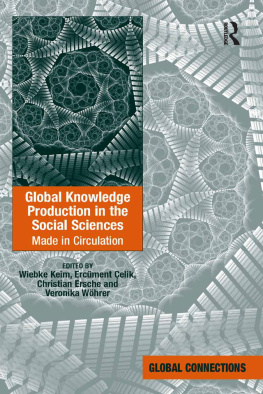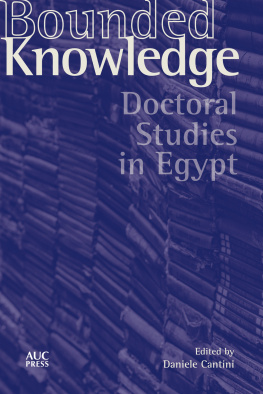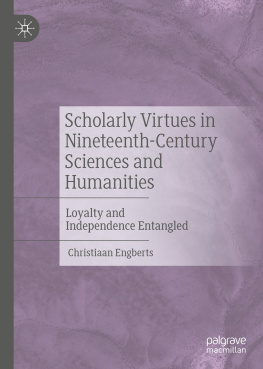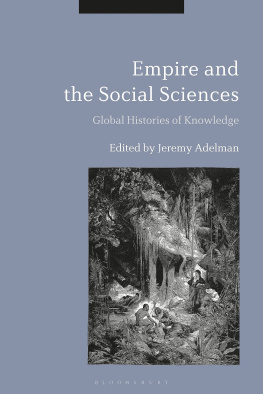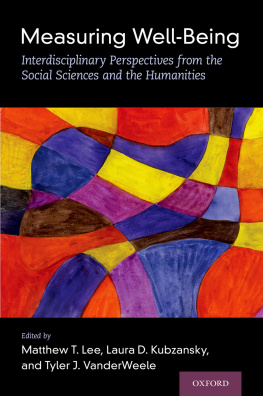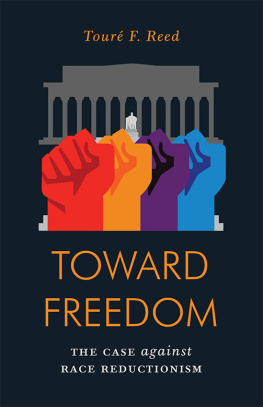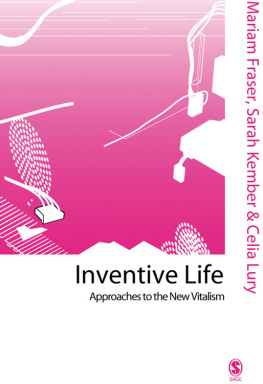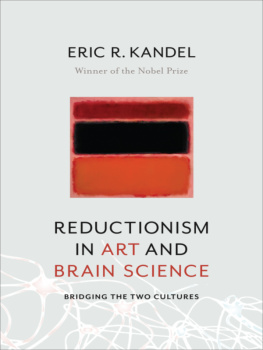Richard E. Lee (editor) - Questioning Nineteenth-Century Assumptions about Knowledge, II: Reductionism
Here you can read online Richard E. Lee (editor) - Questioning Nineteenth-Century Assumptions about Knowledge, II: Reductionism full text of the book (entire story) in english for free. Download pdf and epub, get meaning, cover and reviews about this ebook. year: 2010, publisher: State University of New York Press, genre: Religion. Description of the work, (preface) as well as reviews are available. Best literature library LitArk.com created for fans of good reading and offers a wide selection of genres:
Romance novel
Science fiction
Adventure
Detective
Science
History
Home and family
Prose
Art
Politics
Computer
Non-fiction
Religion
Business
Children
Humor
Choose a favorite category and find really read worthwhile books. Enjoy immersion in the world of imagination, feel the emotions of the characters or learn something new for yourself, make an fascinating discovery.

- Book:Questioning Nineteenth-Century Assumptions about Knowledge, II: Reductionism
- Author:
- Publisher:State University of New York Press
- Genre:
- Year:2010
- Rating:4 / 5
- Favourites:Add to favourites
- Your mark:
Questioning Nineteenth-Century Assumptions about Knowledge, II: Reductionism: summary, description and annotation
We offer to read an annotation, description, summary or preface (depends on what the author of the book "Questioning Nineteenth-Century Assumptions about Knowledge, II: Reductionism" wrote himself). If you haven't found the necessary information about the book — write in the comments, we will try to find it.
During the last few decades, the fundamental premises of the modern view of knowledge have been increasingly called into question. Questioning Nineteenth-Century Assumptions about Knowledge, II: Reductionism provides an in-depth look at the debates surrounding the status of reductionism in the sciences, social sciences, and the humanities in detailed and wide-ranging discussions among experts from across the disciplines. Whether or not there is or should be a basic epistemological stance that is different in the sciences and humanities, and whether or not such a stance as exemplified by the approach to reductionism is changing, has enormous consequences for all aspects of knowledge production. Featured are an overview and subsequent discussion of this pervasive concept in the social sciences that parses reductionism into the categories of strong social constructionism and antiessentialism, social ontology and the apathetic actor, dualisms, and individualism. Also of interest in chapters and follow-up discussions are the relations between essentialism and emergentism in complex systems theory.
Modern knowledge, according to the contributors to this multivolume exercise (based on three symposia), is based on three questionable premises and principles: determinism, reductionism, and dualism. Each volume interrogates these three principles and seeks to find alternative and more satisfying bases for knowledge. The volumes include formal papers as well as commentaries and edited transcripts of the discussions at each symposium. The range is truly extraordinary, with papers covering everything from economics to opera, cognitive neuroscience, literary studies, mathematical modeling, and systems theory [the volumes] open a host of questions for scholars to ponder and suggest many enlightening lines of inquiry Highly recommended. CHOICE
Richard E. Lee (editor): author's other books
Who wrote Questioning Nineteenth-Century Assumptions about Knowledge, II: Reductionism? Find out the surname, the name of the author of the book and a list of all author's works by series.

